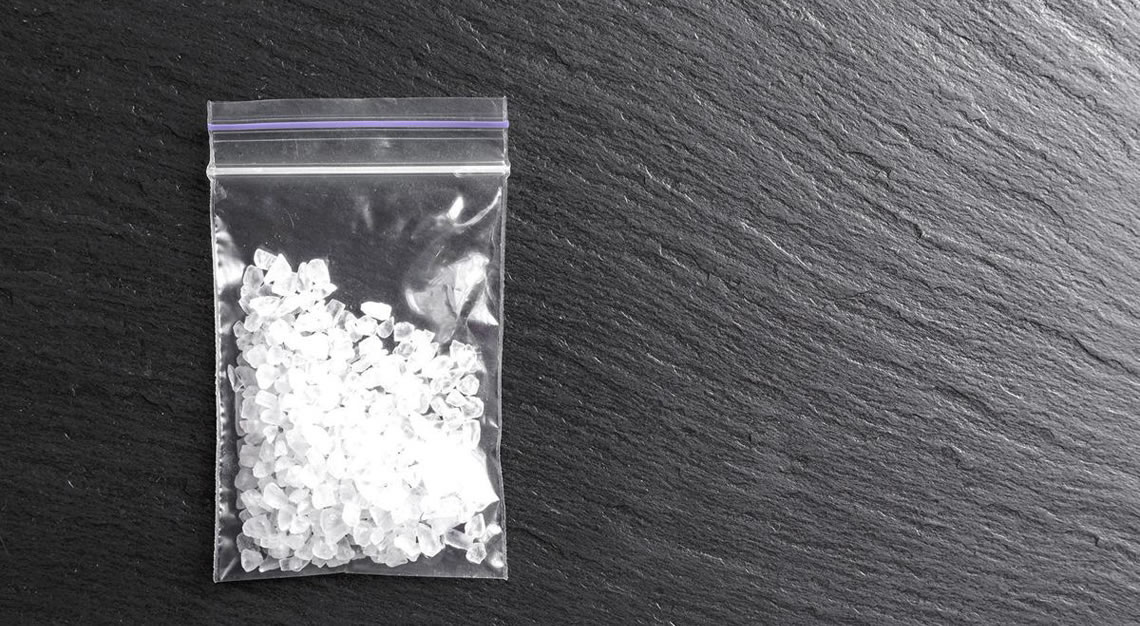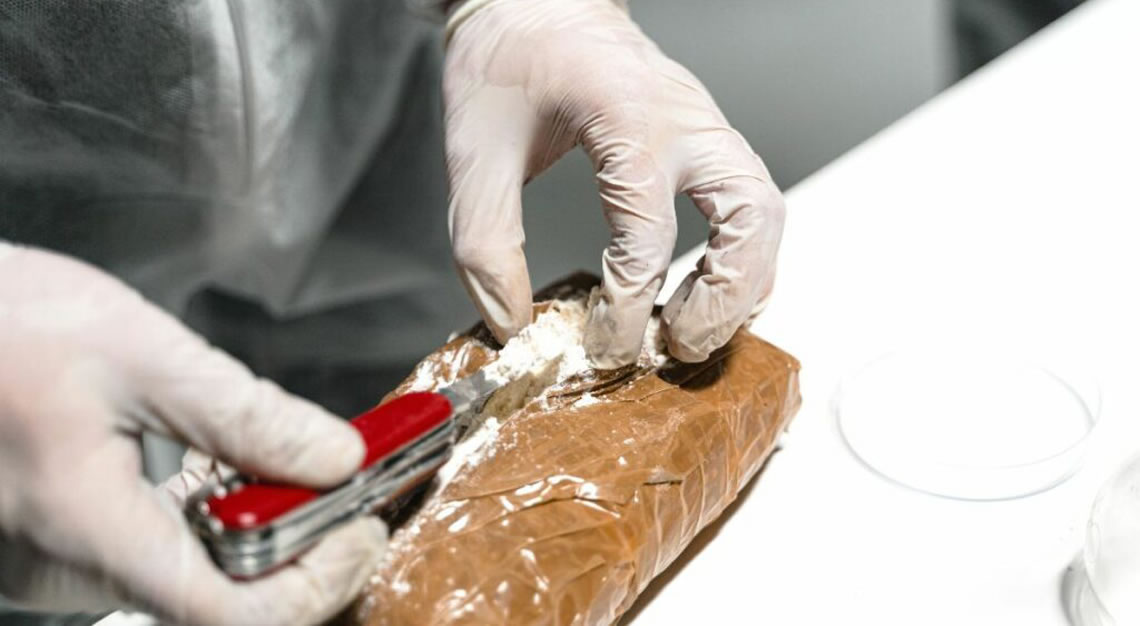
Cocaine Charges In Arizona. Everything You Need To Know About Cocaine Charges in Arizona
According to Arizona drug laws, cocaine is a harmful drug, and possessing it is unlawful. If you are charged with cocaine-related drug crimes, you may risk prison time, fines, and the social embarrassment that emanates from a criminal record.
It can be tough to know what consequences you may face and what to expect if you face cocaine charges in Arizona. Therefore, here's everything you need to know about cocaine charges in Arizona, to help you out.
Classification of Drugs in Arizona
Dangerous Drugs, Narcotic Drugs, and Marijuana are Arizona's three main drug classifications. Marijuana is classified as the least dangerous narcotic, with the least severe sanctions. This is because marijuana use, possession, and manufacture are legal under certain circumstances.
Level 2 contains dangerous substances, such as most naturally grown psychedelics. This category includes peyote, psilocybin mushrooms, and PCP. The charges levied may differ depending on the circumstances surrounding the arrest. First-time offenders and instances without violence or drug sales are less likely to face harsh penalties.
Cocaine, methamphetamine, prescription opiates, heroin, and other substances fall within the third category of narcotic drugs. Possession and distribution of these narcotics carry the harshest punishment. Because Cocaine is classified as the most dangerous drug, the penalties are likely to be the most severe.

Penalties For Cocaine Related Drug Crimes in Arizona
Arizona has highly stringent cocaine prohibitions. Mainly, cocaine trafficking attracts very severe penalties. It is a crime to have any amount of Cocaine on your person. A felony conviction can result in the loss of civil rights, the inability to own a gun, the loss of your work and future employment, and prison, imprisonment, or probation. Undoubtedly, a felony is a permanent blemish on anyone's record.
Cocaine is classified as a narcotic drug in Arizona, and narcotics are particularly harmful. Thus, a person who is found in possession of Cocaine might be charged with a class 4 felony. Class 4 felony gets a sentence of one and a half to three years in jail and a fine of $2,000 or three times the value of the Cocaine.
In addition, a person charged with a class 2 felony for the sale or trafficking of Cocaine faces a jail sentence of four to ten years and a fine of $2,000 or three times the worth of the cocaine.
Having Cocaine with the intent to sell it is also a class 2 felony. It is vital to note that to be charged with possession to sell or cocaine trafficking, an individual must have nine grams or more of cocaine in their possession.
Law enforcement agents can also determine the intention to sell cocaine through other factors. The factors include how the narcotics are packaged, the presence of significant sums of cash or firearms, and the offender's criminal past.
Factors affecting the severity of penalties for Cocaine related drug crimes in Arizona
Charges of multiple drug Offenses
In Arizona, the vast majority of drug arrests result in numerous charges. If you are found with only Cocaine and nothing else, you may only be charged with drug possession. However, if any devices for measuring or consuming Cocaine were discovered simultaneously, such as glass pipes, this would result in several allegations. Any drug paraphernalia found in your possession will be charged separately.
The Situation surrounding the arrest
When deciding on charges and punishment, the court will consider all of your arrest circumstances. First-time offenders and those in possession of tiny, presumably personal amounts of cocaine are likely to receive lighter penalties.
If it seems that the cocaine was for sale or transportation, the case becomes even more complex. Those found with huge amounts of cocaine that appear to be for distribution face the toughest penalties.
The severity of the punishments also depends on the amount of harm caused to others. If a cocaine offense results in substantial bodily injury or death, the penalty increases.
Furthermore, the location of the arrest impacts the outcome of the cocaine charge. In a drug-free school zone, possession, trafficking, and manufacture of cocaine are all prohibited. Cocaine crimes in school zones attract an additional one year in prison
Statutory Threshold amount
According to Arizona law, a threshold amount is the smallest amount of a substance required to be sentenced to prison. Each illegal drug has a different threshold amount. For example, the legal limit for Cocaine is 9 grams of regular street cocaine or 750 milligrams of cocaine base or hydrolyzed Cocaine.
Probation or drug intervention programs may replace imprisonment in cases where the amount charged is less than the threshold. Charges of cocaine trafficking or possession with intent to sell are prosecuted when the amount exceeds the threshold.
Prior felony convictions
Prior felony convictions may raise the prison time and disqualify you from probation, depending on your previous crimes and whether Proposition 200 currently applies to you. Depending on your criminal background, your sentence could range from 1 to 3.75 years in prison to 2.25 to 15 years in prison.
First-time offenders detected with less than the statutory threshold amount of Cocaine are eligible for leniency. Probation, monthly drug testing, and the completion of a drug-related intervention or treatment program at the individual's expense are all required for Personal Possession and Use offenses.
Repeat offenders are unlikely to receive leniency. The penalty for repeat offenders charged with cocaine possession under 9 grams is usually prison.

How To Defend A Cocaine Charge in Arizona
There's a lot on the line if you're facing cocaine charges in Arizona. What's more, a criminal record might have long-term consequences. However, you should contact a competent Arizona drug crimes lawyer before communicating with any authorities about the case.
When you face cocaine charges, you shouldn't anticipate the worst. With the help of an expert Arizona drug crimes lawyer, who will mount a defense that is unique to your situation, your charges may be dismissed or your sentence reduced. Among the potential defenses are:
Lack of knowledge about drug possession
The prosecutor must show that you were knowingly possessing cocaine, which is sometimes difficult to do. An expert drug lawyer may be able to establish that you did not deliberately have the cocaine and that you possessed it unknowingly. For example, if a person borrowed a car and the cocaine was already in it, the substance belonged to the passenger rather than the car owner.
Illegal search and seizure
Another strategy is to challenge the charges by questioning the evidence gathered. If evidence of drugs was collected solely by violating your constitutional rights, the evidence might be suppressed in drug cases.
Having drug evidence withheld can jeopardize a prosecutor's drug offense case. For example, suppose you were stopped over by a cop who felt that something was amiss but couldn't express it, and the cop discovered cocaine in an ensuing search of your car. In that case, your lawyer might be able to have the cocaine evidence suppressed.
Inadequate evidence.
The prosecution may not have sufficient evidence against you to convict you beyond a reasonable doubt of the drug offense in question.
Conclusions
In Arizona, defending yourself against cocaine allegations is challenging due to the state's reputation for strict drug laws. You don't have to deal with the significant implications of a felony case alone. Speak with a knowledgeable criminal defense lawyer about your case and get started on your way to the best possible outcome. Above all, you are safeguarding your future by defending yourself in court.




